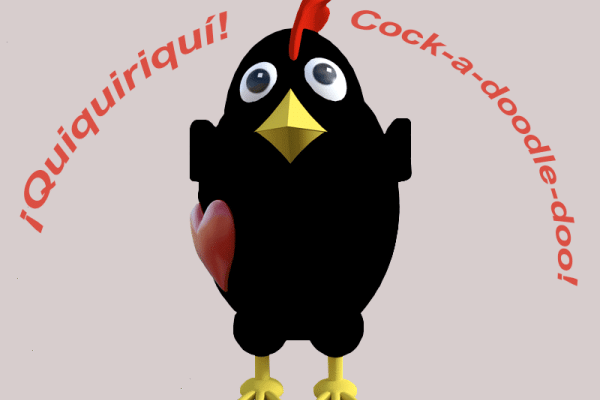What's a "simile"?

The word "simile" may not sound very familiar to you, in Spanish it would be "símil", but if I give you an example, you will certainly know what we mean. In Spanish we say "strong as a bull", or "clear as water", and so on.
The technical definition of a "simile" is that it is a rhetorical figure that consists of making a comparison between two things, situations or people, in such a way that an interesting connection is awakened in our mind.
These types of comparisons are also very typical in English and are used colloquially. The structure that follows is that of an equality comparison: As...as.
It is curious how we perceive things depending on our culture and language, we say "strong as a bull" and in English they say "As strong as an ox/a horse".
So, we leave you with some examples of similes in English:
| As good as gold | As brown as a berry | |
| As cool as a cucumber | As light as a feather | |
| As blind as a bat | As sly as a fox | |
| As busy as a bee | As smooth as a baby's bottom | |
| As deaf as a post | As snug as a bug in a rug | |
| As plain as day | As white as snow | |
| As poor as a church mouse | As easy as pie | |
| As stubborn as a mule | As sweet as honey | |
| As clean as a whistle | As happy as Larry | |
| As hard as nails | As fit as a fiddle |
You can see that some similes in English translate to the same in Spanish, but others are different. We recommend that you learn those that you like or are interested in because they are part of the colloquial language used by native English speakers.
If you know other similes, do not hesitate to put them in the comments.
Artículos relacionados
Comment















